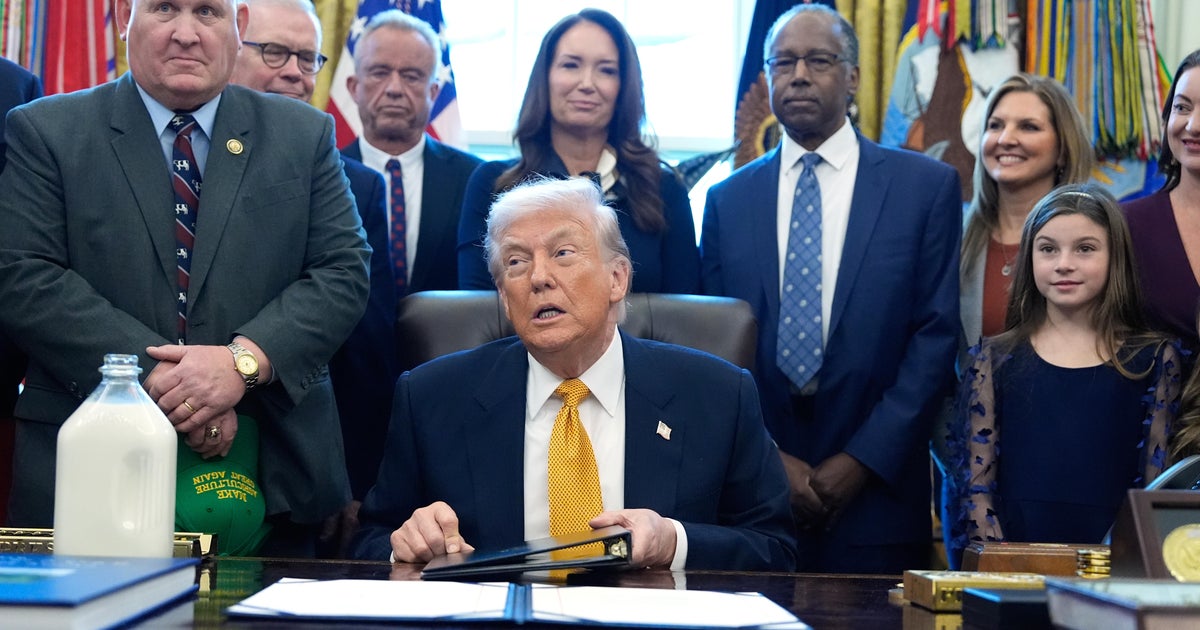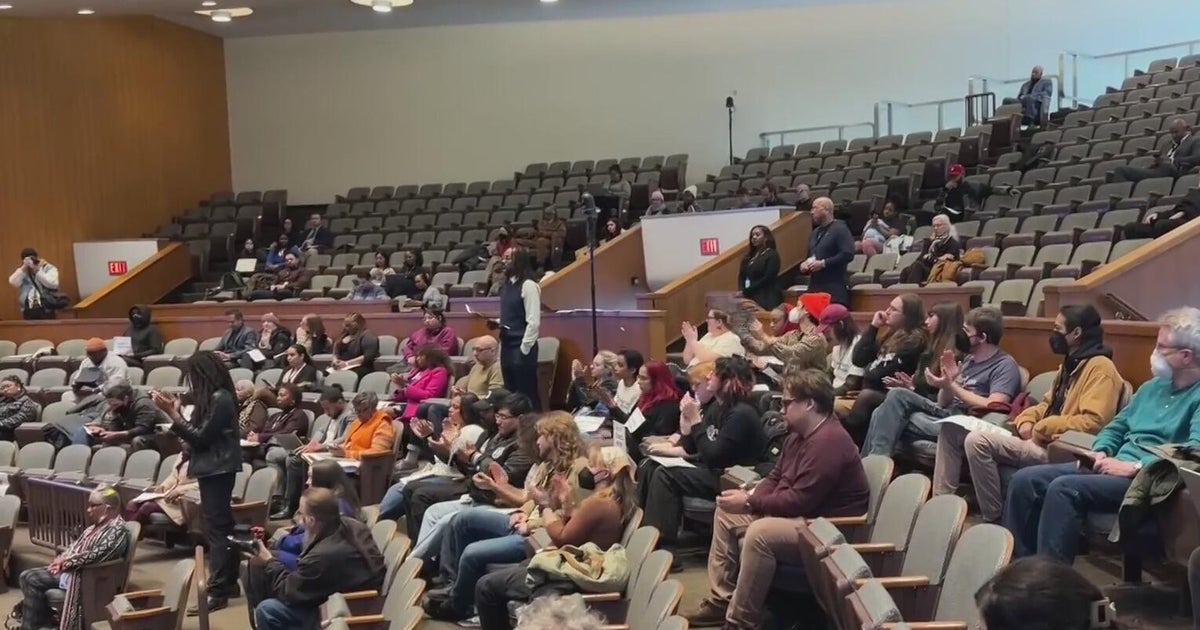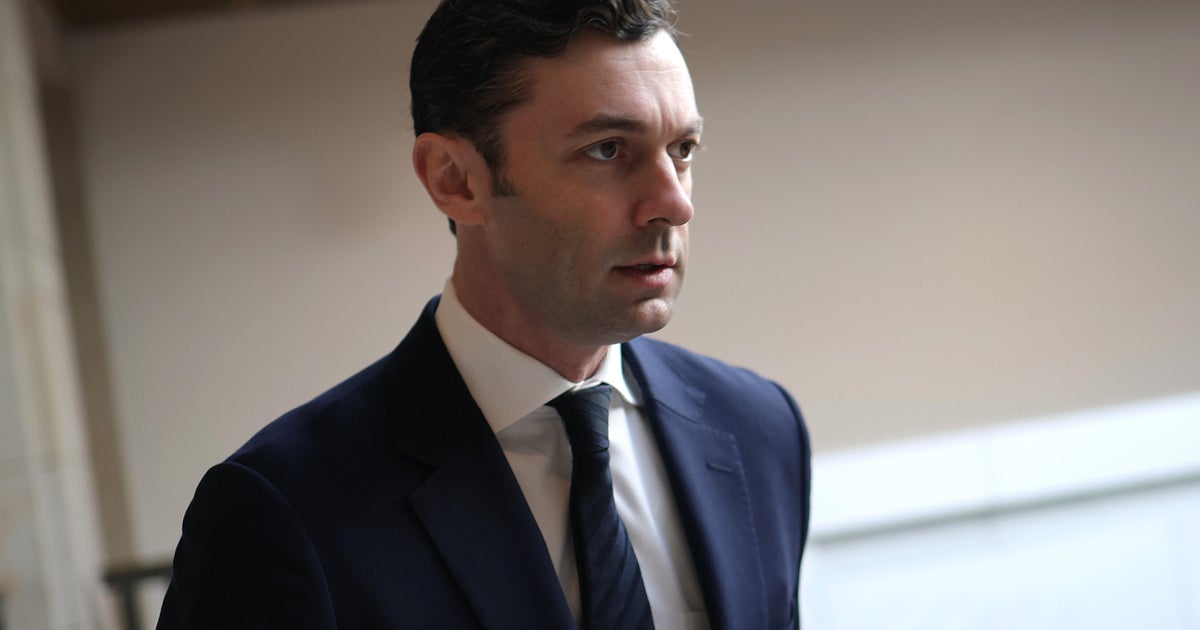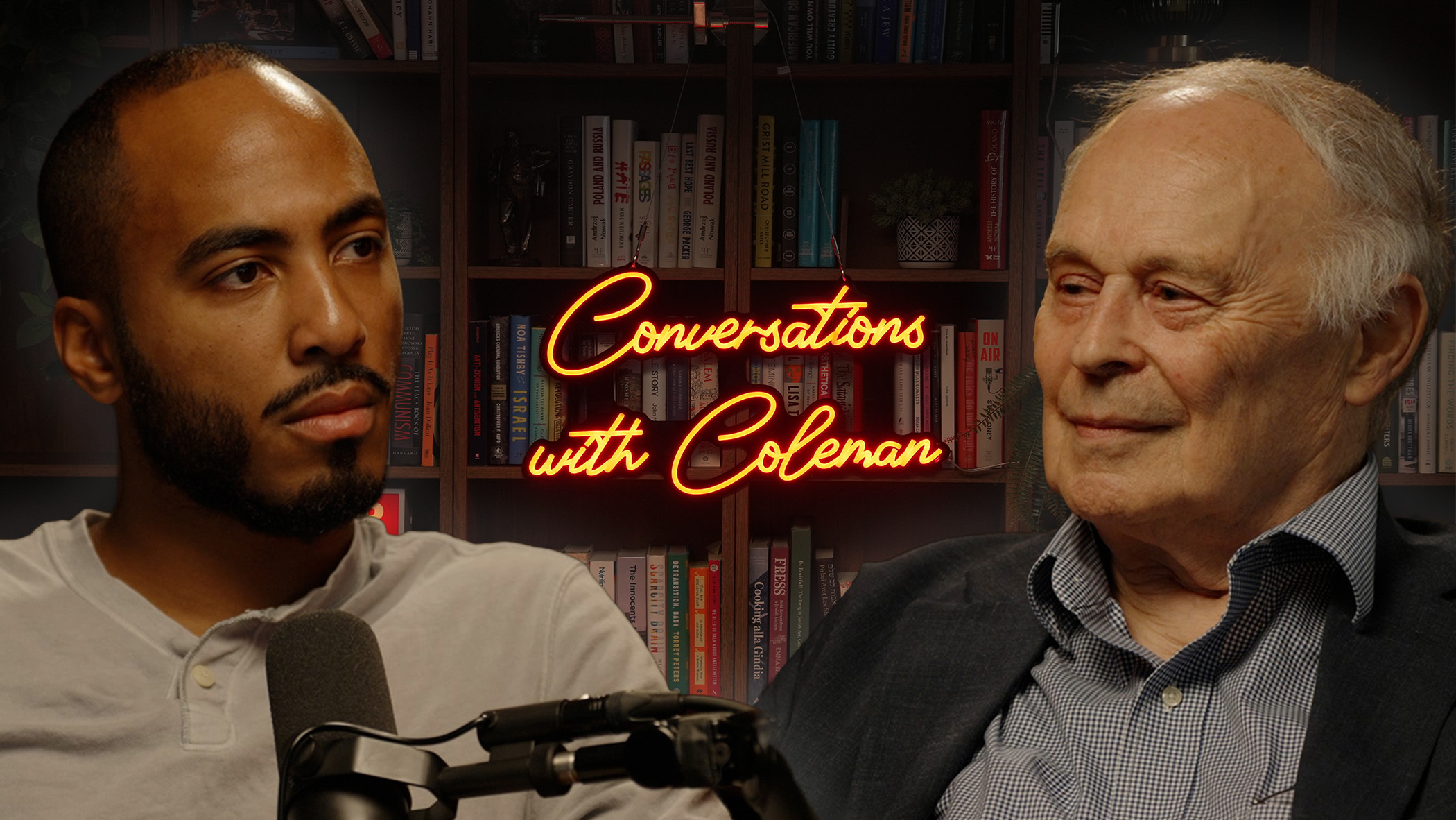More than 1,700 Confederate symbols are still standing across U.S., advocacy group says
The Southern Poverty Law Center has helped identify more than 1,700 Confederate symbols still standing amid growing public anger over what protesters say are monuments honoring the country's racist past. Demonstrators across the U.S. have already torn down some memorials and statues, prompting some leaders to demand permanent removal.
"Why do we want to name or venerate people who fought to enslave other human beings? That's all we're saying," the SPLC's Lecia Brooks told CBS News' Chip Reid.
House Speaker Nancy Pelosi's call to do away with Confederate statues in the Capitol building was met with resistance from Republicans, and a bipartisan Senate proposal to begin the process of renaming 10 military bases that honor Confederate officers got similar pushback from President Trump and his allies.
"The purpose was to erase from history — erase — every person and name and event not righteous enough and to cast those who would object as defenders of the cause of slavery," GOP Senator Josh Hawley said on the Senate floor.
Brooks argues that the removal of these symbols is a powerful message to a country struggling to deal with its racial history.
"It's an opportunity for us to move forward and show members of the African American community, we hear you, we understand, we're doing something to be actively anti-racist," she said.
The call for change hit the city of Richmond, Virginia in a big way as protesters brought down a statue of Confederate President Jefferson Davis and pushed a Christopher Columbus statue into a local lake.
Demonstrators also celebrated Thursday at a graffiti-covered state of General Robert E. Lee, days after a judge issued an injunction delaying the state's ability to remove it.
"All that down below is hundreds of years in the making and all the emotion and all the energy and all the passion that created that, it'd be a shame to wipe that away," one activist at the statue said.
Another called it "empowering" to see public opinion on these monuments change so drastically.
"Not just for black people, but for white people as well who want change, you know what I mean?" he asked.
University of Richmond professor Julian Hayter advised Virginia to remove the memorials, and said now was the right time to reckon with the country's past.
"We only generally tend to come around to discuss these racial problems in instances where there is trauma involved," Hayter said. "Perhaps we wouldn't be here if we were willing to have these discussions when things were going normally."





